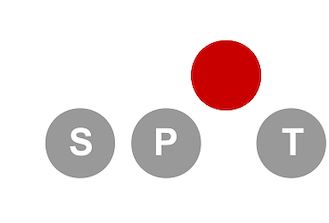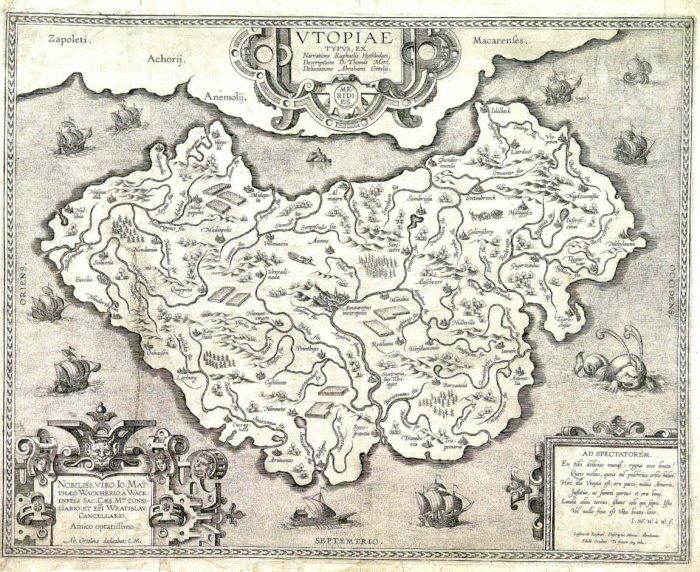 The UTOPIAE (Uncertainty Treatment and OPtimisation In Aerospace Engineering) Marie Sklodowska Curie Research Training Network is currently recruiting 15 Early Stage Researchers to work in the field of Uncertainty Quantification and Optimisation. The list of the available positions and main rules to apply follow below. Recently graduated or graduating students who are interested, find further information on the page http://utopiae.eu/employment-opportunities/
The UTOPIAE (Uncertainty Treatment and OPtimisation In Aerospace Engineering) Marie Sklodowska Curie Research Training Network is currently recruiting 15 Early Stage Researchers to work in the field of Uncertainty Quantification and Optimisation. The list of the available positions and main rules to apply follow below. Recently graduated or graduating students who are interested, find further information on the page http://utopiae.eu/employment-opportunities/
All applications should be emailed to apply@utopiae.eu by Sunday, 16 April 2017.
Application Procedure
Applicants are required to submit a CV, cover letter and two reference letters. The cover letter needs to detail the knowledge, skills and experience you think make you the right candidate for the job. Applicants should confirm within their covering letter the length of time they have resided in the host country in the last 3 years before the 1st of October 2017. More specific application instructions can be found in the advert page of each ESR position listed here above.
UTOPIAE Job Advertisements:
- ESR1 – Scholarship at University of Strathclyde: Evidence-Based Robust Optimisation for Large Scale Evolvable Processes
- ESR2 – Scholarship at University of Strathclyde: Optimal Multi-sensor Multi-target Tracking of Aerospace Systems Under Uncertainty
- ESR3 – INRIA, France: Towards a New Paradigm for the Control and the Analysis of Experiment Data
- ESR4 – INRIA, France: Uncertainty Quantification Framework for Large-scale Unsteady Problems
- ESR5 – CIRA, Italy: Optimal Energy-Driven Aircraft Design Under Uncertainty
- ESR6 – Von Karman Institute: Uncertainty treatment in aerothermodynamic experimental databases
- ESR7 – Scholarship at ESTECO SpA: Reliability-Based Optimisation for Multidisciplinary Model-based Collaborative System Engineering
- ESR8 – University of Durham: Prediction of System Reliability during Design Phases (Please note that for University of Durham you will also be required to complete an additional application on their own website. You can complete this here)
- ESR9 – University of Durham: Large Scale Simulation for Quantifying Severe Uncertainty with Imprecise Probabilities (Please note that for University of Durham you will also be required to complete an additional application on their own website. You can complete this here)
- ESR10 – Scholarship at Politecnico di Milano: Uncertainty Characterisation in Multi-fidelity Anti-ice system and Design
- ESR11 – Scholarship at JSI: Efficient Computational Methods for Worst-case and Multi-level Optimisation
- ESR12 – Technische Hochschule Köln: Robust Mixed-integer Optimisation in Uncertain Environments
- ESR13 – Technische Hochschule Köln: High Efficiency Many Objective Evolutionary Optimisation Methods
- ESR14 – Scholarship at Ghent University: Imprecise (Hidden) Markov Chains, Dynamical Properties and Inference Algorithm
- ESR15 – DLR, Germany: Robust design of a shock bump for natural laminar flow over a wing
Eligibility Criteria
Early-Stage Researchers (ESRs) shall, at the time of recruitment by the host organisation, be in the first four years (full-time equivalent research experience) of their research careers and have not been awarded a doctoral degree.
All researchers recruited in an ITN must be Early-Stage Researchers (ESRs) and undertake transnational mobility (including, but not limited to secondments with other UTOPIAE partner institutions, conference attendance, outreach and engagement work and any other appropriate work requiring travel as deemed necessary by their supervisor).
For all recruitment, the eligibility of the researcher will be determined at the time of their first recruitment in the project. The status of the researcher will not evolve over the life-time of the project.
Conditions of Mobility of Researchers
Researchers can be of any nationality. They are required to undertake transnational mobility (i.e. move from one country to another) when taking up their appointment (see mobility rule below). Therefore, nationality is not a criterion. Rather the location of the researcher’s residence or main activity during the 3 years prior to their recruitment is the determining factor.
Mobility Rule: at the time of recruitment by the host organisation, researchers must not have resided or carried out their main activity (work, studies, etc.) in the country of their host organisation for more than 12 months in the 3 years immediately prior to the reference date. Compulsory national service and/or short stays such as holidays are not taken into account. As far as international European interest organisations or international organisations are concerned, this rule does not apply to the hosting of eligible researchers. However, the appointed researcher must not have spent more than 12 months in the 3 years immediately prior to their recruitment at the host organisation.
Example: German nationals can be eligible for recruitment at a beneficiary located in Germany as long as they have resided or carried out their main activity outside of Germany for more than 24 months in the 3 years immediately prior to their recruitment.
Note that the mobility rule applies to the (first) beneficiary where the researcher is recruited, and not to beneficiaries to which the researcher is sent or seconded. It is also only determined at one point in time: that of the fellow’s first recruitment in the project.
Duration of the Project and of the Recruitment
The recruitment of each individual ESR will be 36 months.
Equality and Diversity
We value diversity and welcome applications from all sections of the community.
Other Information
Informal enquiries about the post can be directed to info@utopiae.eu

